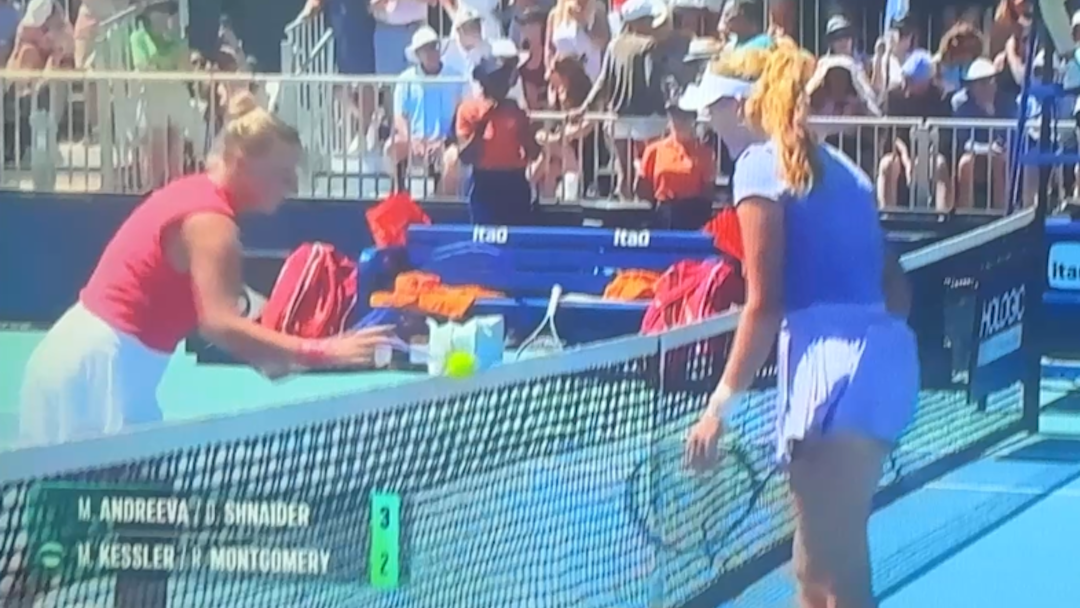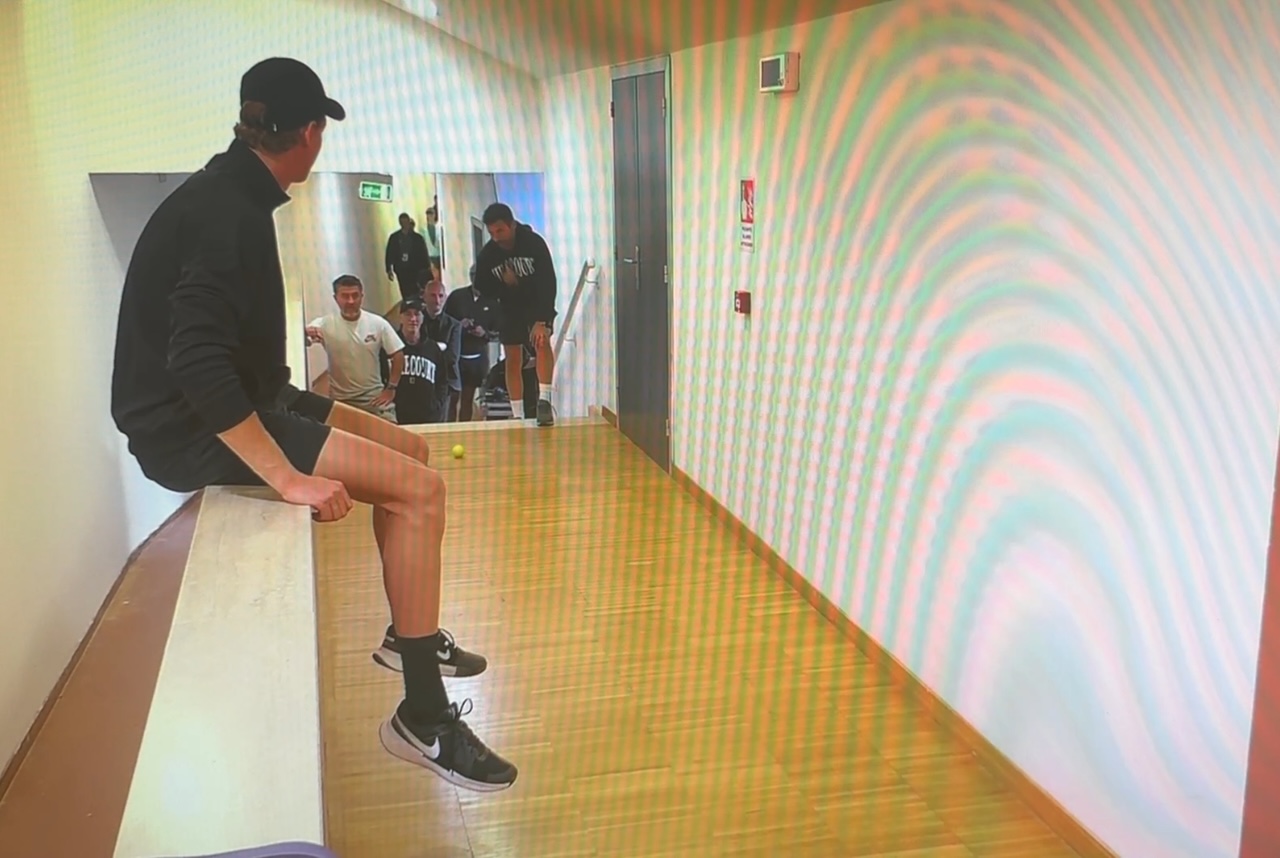Yesterday’s diatribe against player requests for preferential schedule considerations at tournaments apparently struck a nerve with some people. Some of the pushback centered around the fact that a few tournament directors are notoriously bad at scheduling events. To be clear, reaching out and asking for special accommodations is not acceptable just because the tournament organizer is known to struggle. In fact, that makes their job harder which makes the special requests even worse.
Yes, it is sometimes necessary to proactively reach out to a tournament director to highlight existing scheduling conflicts in the draws. Once the appointed match times arrive, it is no longer possible to resolve the issue by moving one to earlier in the day. A player simply cannot be in two places at the same time. The sooner the tournament director knows about match conflicts the better.
I have observed some recent examples of tournament schedules that do not conform to the recommended number of matches in a day. ServeTennis will apparently allow violations of the “USTA Scheduling Guidelines” outlined in the USTA Friend at Court. Since the limits are guidelines rather than policy, it is kind of a gray area. However, it is a potential basis for legitimate complaint and especially if it creates a competitive advantage or disadvantage to any players.
A person that voluntarily enters the “all three” trifecta of singles, doubles, and mixed doubles in an adult tournament is likely creating a situation where it is impossible for the organizer to honor the USTA Scheduling Guidelines. There isn’t a mechanism for a player to waive their personal limits on match play as a condition of entering three events at a tournament, but there probably should be.
Way back in the day, I had a lot of experience as a conscripted laborer doing back office tournament administration for the Texas “Super Sectionals.” That is the Junior tournament that is now known as the Texas Slam. In that pre-internet era, entries were send in by postal mail, draws were made by actually drawing postcards out of a bowl, and all the schedules were done by hand. The only “technology” we had at our disposal was a typewriter.
We didn’t rely on software to help schedule tournaments because there simply wasn’t any. On the plus side, we also didn’t have something like ServeTennis actively creating problems either. I actually think that the current issues are exacerbated because scheduling tournaments has become a forgotten art precipitated by general over reliance on technology.
It is pretty clear that everything that ServeTennis spits out needs to be critically reviewed for accuracy. It seems like tournament organizers either haven’t come to that realization or are not capable of spotting the errors if any reviews are being performed.
The dynamic status of ServeTennis has left the USTA in a quandary over how to train tournament organizers. I am starting to believe that the solution is to stop treating ServeTennis and tournament administration as inseparable topics. There should probably be a general body of training on how to plan, schedule, and run a tournament that is completely independent of any software implementation. My theory is that people who can schedule events using pencil and paper would be better equipped to detect and deal with the challenges presented by whatever software is in use.
I am also wondering if it would be beneficial to develop a small team of tournament scheduling specialists to help tournament organizers plan events for Level 5 and up tournaments. That would take a complex task out of the hands of some of the tournament administrators that consistently struggle to make good schedules. This might also help build consistent lead times for release of draws in advance of tournaments which is also an ongoing issue. It would also significantly cut down on preferential scheduling for local players.
In a nutshell, bad schedules happen. However, empathy is needed as tournament organizers are faced with immature software and an absence of training and support. If you have never scheduled a tournament, then criticism of how any event was planned and executed is best kept to yourself.
If you are thinking that it is easy or that you could do any better, I am sure that your USTA section and your local CTA would be happy to have your assistance scheduling their next event.



